

TGIF ☀️
Thanks to Clinton A., Nancy O., Isaac N., Blessing N., Sarah G., and everyone else who emailed to say Bring The Memes/Images back—I’d mention you all if I could. As I explained in my emails to you all, I can’t promise that there’ll be memes in next week’s edition, but we will start to reintroduce them slowly over the next month.👌🏾
And to everyone else who emailed to say they don’t want the images back, I’m sorry but the majority carries the vote! But we won’t mess with the quality of the content, so it’ll still be the same TC Daily you love.
Quick Fire 🔥 with Rowland Okondor
Rowland Okondor heads the Product Team at BudPay. Having been in the Banking and Financial Technology sector for over 8 years, Rowland has been privileged to lead several cross-functional teams delivering innovative solutions, powering payments for businesses and consumers across Africa.
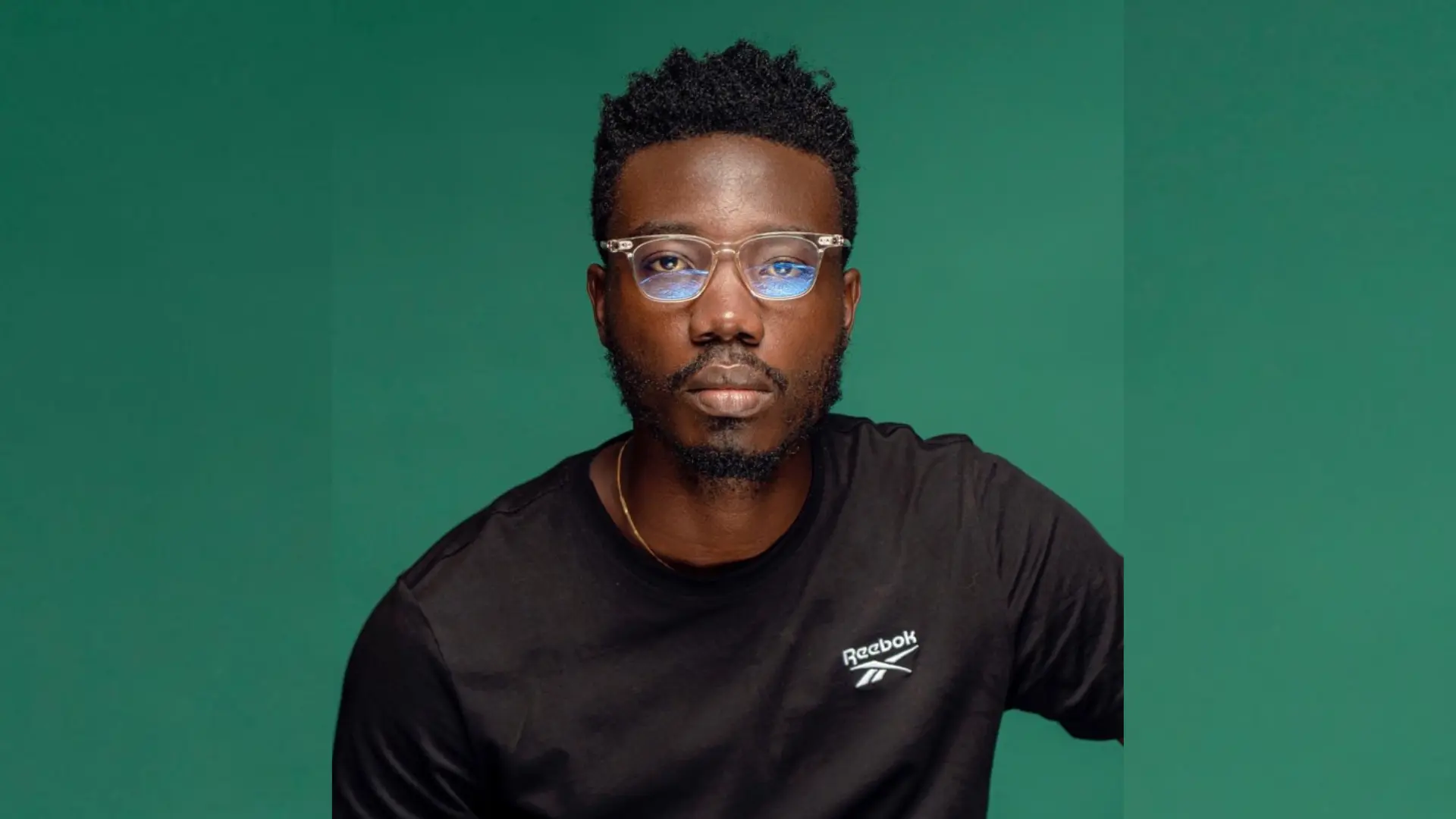
Explain your job to a five-year-old.
Let’s say you love toys and ask your uncle to build you one from scratch for your birthday in exactly two weeks. First, your uncle asks you to tell him everything you want in your toy (requirement gathering).
Then your uncle gets a group of people who can draw (Designers) to show you an image of what your dream toy looks like (User interface Designs). Your uncle then gets people who can build your dream toy (Developers/Engineers). Finally, Your uncle gathers a set of people (Quality Assurance Testers) to try out your new toy to make sure the toy is exactly how you want it. Then your uncle shows up at your house on your birthday with your shiny new toy. Even better, your uncle keeps a journal (Roadmap) where you can write what you would like to improve on your dream toy.
That, my dear, is how your favourite Uncle becomes your favourite product manager.
In your experience across fintech startups and large corporations, what do you see as the biggest challenges and opportunities for financial inclusion in Africa?
One of the biggest challenges we as Africans have faced on financial inclusion is the banking penetration and the lack of banking infrastructure in rural areas which accounts for the largest number of the unbanked population. That has presented a unique opportunity for agency banking which has been taken in great stride if we are limiting financial inclusion to the basic needs of sending and receiving money with the nice-to-haves of bill payments.
This has presented another challenge/opportunity concerning the integrity of the data on the financially included population via this agency/community banking scheme since their participation is in fact in proxy via the “agents”. The next step in the evolution of this scheme is to ease regulatory barriers that hinder this population from being more active players, increase financial literacy, and set up infrastructures that aid their ascension on the ladder of financial needs beyond sending and receiving money, to saving and investing.
Beyond user acquisition and activation, what other key metrics do you focus on to measure the success of B2B fintech products?
The most important metric when building B2B fintech products beyond acquisition and activation is the success rate. The efficacy of your product will be measured against the success of carrying out financial actions on your product simply because these actions have a high impact and reward both to the user and the business.
Other notable metrics include Activity rate, Feature Utilisation, Customer Retention & Churn rate, Customer Lifetime Value, Monthly Recurring Revenue (MRR), and Customer Acquisition Cost (CAC) especially as it directly relates to Revenue Per User (RPU).
Other customer support metrics include Customer Satisfaction and Net Promoter Score (NPS), Response and Resolution Time.
Looking back at your career, can you share an instance where a product misstep led to valuable learnings?
Payment is partnerships and part of your product experience has to do with choosing the right partners to deliver the right experience. Understanding the available infrastructure in any given jurisdiction also plays a significant role in this process.
To deliver an automated onboarding experience on a Product that we had been working on, we decided to validate one of the user requirements for onboarding automatically. This would also help us streamline the pipeline to more intending users. So we removed the ability for users to complete the validation of this requirement manually.
Unfortunately, the instability of the said Infrastructure resulted in a huge dropoff in onboarding whenever there was downtime. We implemented a manual failover to help users complete this process in the event of downtime.
How do you manage to maintain a healthy work-life balance in the fast-paced world of fintech?
Working in fintech is challenging. Supporting businesses is even more challenging as some of our users have a 24/7 service promise to their customers. This means that I have to be more available than usual. However, maintaining a work-life balance is something that I am intentional about. I take time out to engage in recreational activities that keep me mentally healthy. I play and follow sports very actively. Being an extrovert also means that I am mostly outside, having fun and meeting people.
Moniepoint is Africa’s fastest-growing fintech
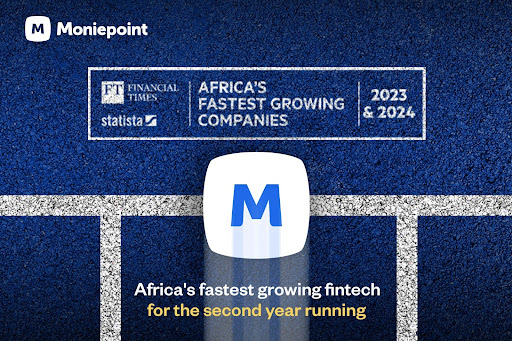
The Financial Times has ranked Moniepoint as Africa’s fastest-growing fintech based on its absolute and compound growth rate. Read more about it here.
Google to lay new subsea cable that connects Africa to Australia
In March, a break in subsea cables disrupted internet connectivity across several African countries for weeks. This disruption didn’t only affect internet services, banks and other essential services across the continent also had downtimes due to the break. By the first week of May, three of the four cables damaged were repaired.
To avoid future disruptions and improve connectivity, Google is building the first undersea fibre optic cable that will connect from Africa to Australia.
The route of the cable: The cable is, called Umoja—the Swahili word for unity—and it will have a completely separate path for internet traffic compared to the existing cables that connect Africa to the rest of the world. By having a separate route, the continent becomes less vulnerable to outages caused by problems with existing cables
The cable will start in Kenya and travel over land through Uganda, Rwanda, Congo, Zambia, Zimbabwe and South Africa before crossing the Indian Ocean to Australia.
Google has completed the land-based portion of the Umoja project, partnering with Liquid Intelligent Technologies to build a scalable route across Africa. Currently, the focus has shifted to laying the undersea cable across the Indian Ocean, connecting to Perth, Australia. While an official completion date hasn’t been announced, construction is well underway.
What can Africans expect? Since reliable connectivity and good network service are essential for Google’s services, the Umoja cable directly addresses this need and strengthens Africa’s digital infrastructure.
“Umoja will enable African countries to more reliably connect with each other and the rest of the world,” Brian Quigley, Google Cloud’s VP for global network infrastructure, said in a statement.
The cable will also help to improve the overall quality of internet access and safeguard against future network disruptions.
This follows the construction of Google’s Equiano, a private subsea cable that connects Portugal and South Africa. The company notes that the cable was the first subsea cable that used optical switching for more efficient routing of data within the cable itself.
The company also revealed plans earlier this year to build the first undersea cable directly linking South America and Asia-Pacific. The cable’s route stretches from Chile to Australia, with a stop in French Polynesia.
Lagos launches cybersecurity centre
Cybersecurity has been a hot topic in Nigeria given recurring hacks and breaches into Nigerian fintechs, and Lagos, Nigeria’s centre for tech, is kicking things up a notch.
The Lagos State government, through the ministry of innovation, science and technology (MIST) has set up a Cyber Security Operations Center.
How does this centre matter? At the 2024 ministerial press briefing, Olatunbosun Alake, the Lagos State Commissioner for Science, Innovation and Technology said the Centre was established to identify, monitor and respond to cyber threats against the state’s digital infrastructure in real-time. The cybersecurity project will serve as a critical piece of a larger initiative to improve overall security and governance in the state.
He added that the initiative involves partnerships with leading cybersecurity firms and international organisations. These collaborations will equip the state with cutting-edge technologies and expertise, significantly improving its defences against advanced cyber threats.
He mentioned that Lagos has an established cybersecurity council consisting of a team of experts drawn from both the government and the private sector. These people will be advising the government on cybersecurity policies, programs, and training.
The state is also developing other key projects: The state also has a Data Privacy Compliance project which includes a comprehensive training programme for government officials across various departments. The project will reportedly establish 70 data protection officers within different ministries to ensure compliance with data privacy regulations. Per the state, the project will safeguard citizen data, prevent misuse, and keep businesses competitive globally.
In another initiative, Babajide Sanwo-Olu, the Lagos state governor, announced a 6,000-kilometre Metro-Fibre Duct Project to improve digital infrastructure. The first phase of this project has successfully implemented 2,700 kilometres of fibre optic ducts, with the remaining 3,300 kilometres planned for phase two.
Collect payments anytime anywhere with Fincra
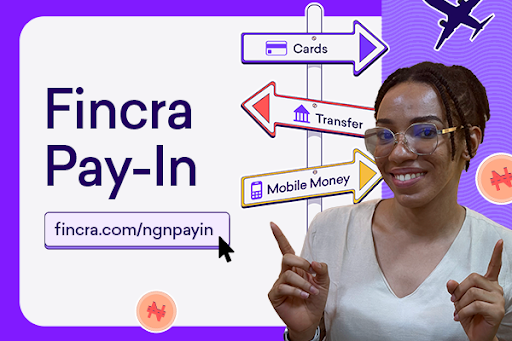
Are you dealing with the complexities of collecting payments from your customers? Fincra’s payment gateway makes it easy to accept payments via cards, bank transfers, virtual accounts and mobile money. What’s more? You get to save money on fees when you use Fincra. Get started now.
Humane up for sale after underwhelming launch of AI pin
Humane AI pin launched with one promise, to unburden you from your smartphone.
The $700 wearable device—a voice command box and camera that you magnetically clip onto a shirt—launched with the promise of helping you do everyday activities that you would normally do with your phone.
The device was different from a smartphone in every way possible: it had no display (just a laser beam that could be displayed on your palm), had zero apps and only functioned by voice command.
Several reviews later, the common phrase among reviewers is that the product is underwhelming and doesn’t match the expectations from its demo video.
Humane AI pin founders know this as well. And they are sweeping the mess pin under the carpet.
One month after the failed launch of the AI pin, Humane has been put up for sale.
Per Bloomberg, Imran Chaudhri and Bethany Bongiorno, former Apple employees, and Humane co-founders are looking for a potential exit of the startup which raised about $230 million from investors including OpenAI CEO Sam Altman.
Humane founders think the startup is worth between $750 million and $1 billion despite the deep-seated flaw of its first and only product. According to people close to the situation, the sale process of the startup is still in preliminary stages and may not result in a deal. The company is also working with a financial adviser to assist it.
Why does this matter? Humane’s potential sale is coming at a time when tech companies are exploring AI-hardware efforts as artificial intelligence continues to gain prominence. While we are yet to witness widespread adoption of this technology, big tech companies have begun sowing into the future, with Rabbit launching a handheld Rabbit R1 device and Meta platforms launching an AI-powered Ray-Bans.
Psst! Here’s what Paystack has been up to 🔥
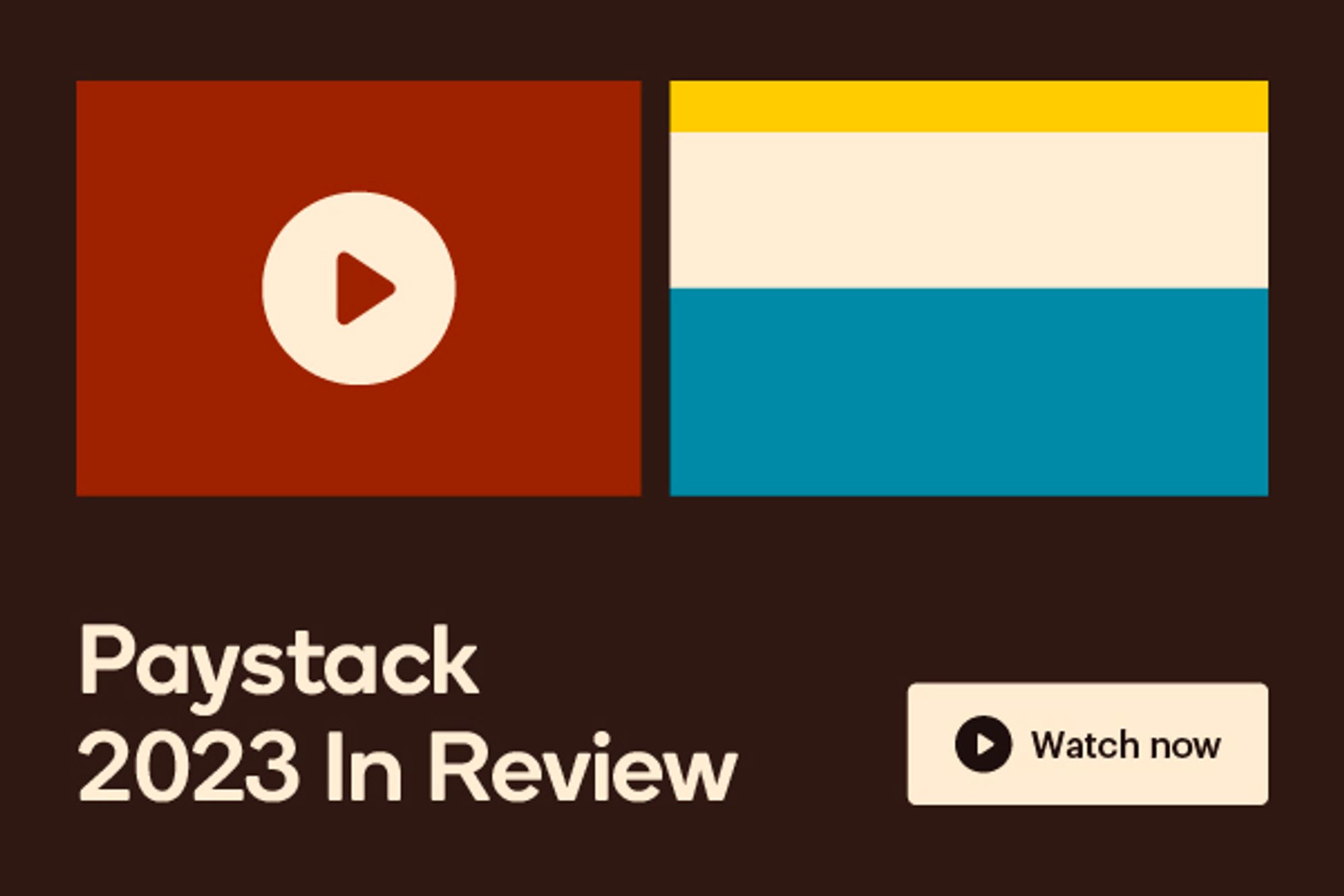
Paystack gives ambitious businesses in Africa the payments tools they need to scale. A lot happened in 2023 – so many improvements, you might have missed some! As we continue building in 2024, here are the 10 stories that shaped our past year 👉🏾 paystack.com/2023
Maëlle Gavet steps down as CEO of Techstars
Techstars, a global pre-seed investment accelerator, launched in 2006 to support early-stage startups with tools and resources. David Cohen, one of the company founders was at the helm of Techstars until 2021 when he passed the baton of leadership to Maëlle Gavet, a three-time founder.
Gavet’s stint came with impressive growth for Techstars, with her efforts making Techstars rival to Y Combinator.
The company, which has invested in over 70 African startups, made over 2,000 startup investments, with nearly half (469) securing a combined $2.4 billion in funding under Gavet’s leadership. Over three hundred companies raised over $1 million each, showcasing the program’s effectiveness in fostering high-growth ventures. Applications surged by double, while founder diversity also made significant strides with 25% female and 36% Black and Brown founders.
The company’s branches in New York, Chicago and JPMorgan also witnessed increased participation from renowned mentors and major corporate partners like JPMorgan.
Yesterday, after four years at the helm, Gavet’s stint came to a close.
Gavet will step down as CEO of Techstarsat the end of May 2024 due to health reasons. She will be replaced by David Cohen, co-founder and board chairman of Techstars—and the person who handed her the baton in the first place:
Her exit comes at a time when Techstars is navigating a difficult period. The company fell short of revenue targets in 2023, prompting a focus on cost optimisation. This included a staff reduction and the closure of accelerator programmes in certain locations.
Attend GITEX Africa 2024
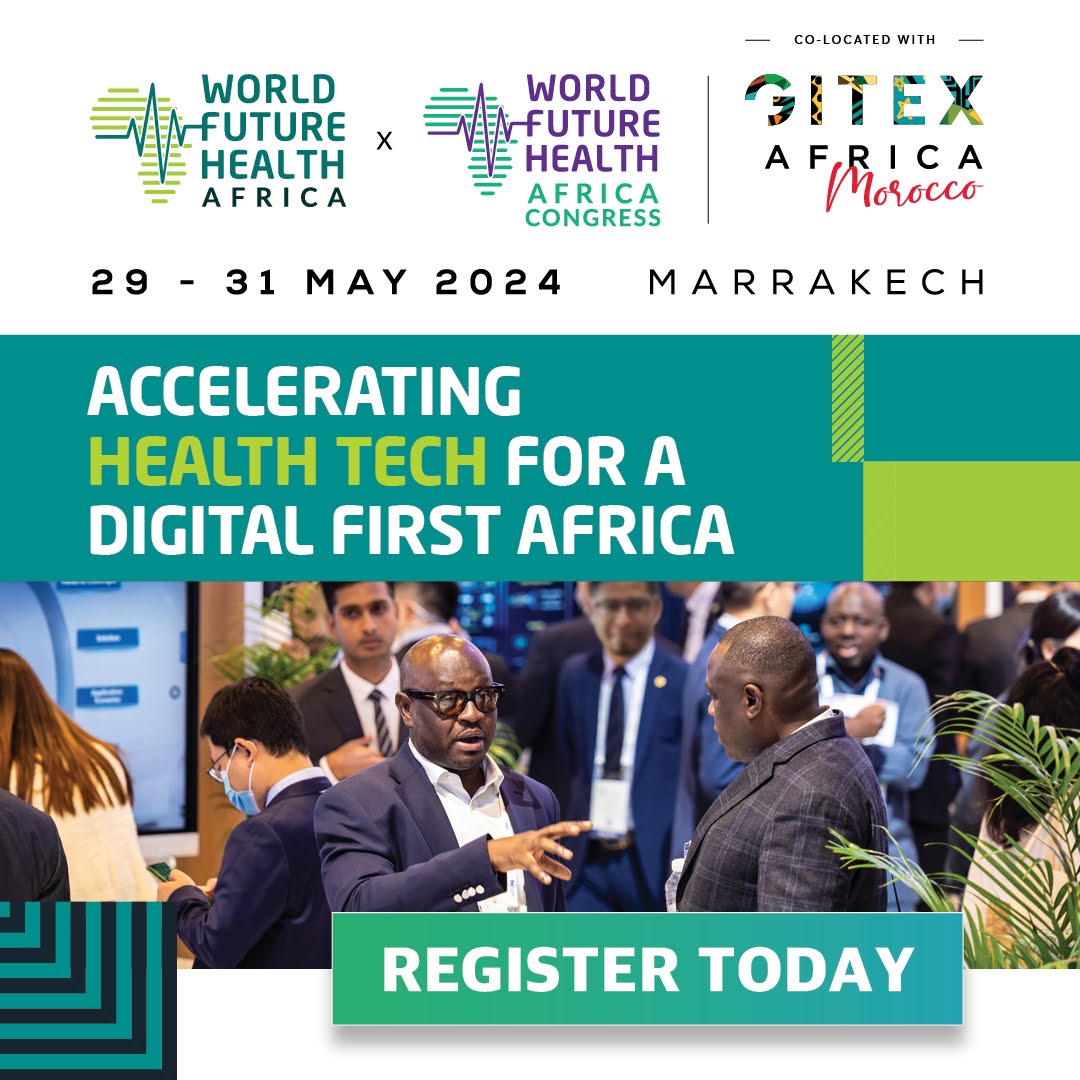
GITEX Africa returns a second time on May 29–31, 2024, to Marrakech, Morocco, discussing ways to accelerate the continent’s digital health revolution. GITEX is the continent’s largest all-inclusive tech event renowned for uniting the brightest minds in the technology industry. Grab your tickets here.
The World Wide Web3
Source:

|
Coin Name |
Current Value |
Day |
Month |
|---|---|---|---|
| $67,622 |
– 2.58% |
+ 0.98% |
|
| $3,807 |
+ 0.59% |
+ 16.47% |
|
|
$0.91 |
+ 6.84% |
– 4.08% |
|
| $169.97 |
– 4.55% |
+ 7.79% |
* Data as of 05:50 AM WAT, May 24, 2024.
- TechCabal is set to announce its first set of speakers for the second edition of its Moonshot Conference which is set for October 9–11, 2024, at the Eko Convention Centre, Lagos, Nigeria. Moonshot will assemble Africa’s biggest thinkers, players and problem solvers on a global launchpad for change. If you want to join the stakeholders in Africa’s tech ecosystem for three days of insightful conversations, then get an early-bird ticket at 20% off.
Here’s what we’ve got our eyes on
Written by: Faith Omoniyi & Towobola Bamgbose
Edited by: Timi Odueso
Want more of TechCabal? Sign up for our insightful newsletters on the business and economy of tech in Africa.
- The Next Wave: futuristic analysis of the business of tech in Africa.
- Entering Tech: tech career insights and opportunities in your inbox every Wednesday at 3 PM WAT.
- In a Giffy: business decisions powered by data-driven insights and analysis you can trust.
- TC Scoops: breaking news from TechCabal
P:S If you’re often missing TC Daily in your inbox, check your Promotions folder and move any edition of TC Daily from “Promotions” to your “Main” or “Primary” folder and TC Daily will always come to you.















